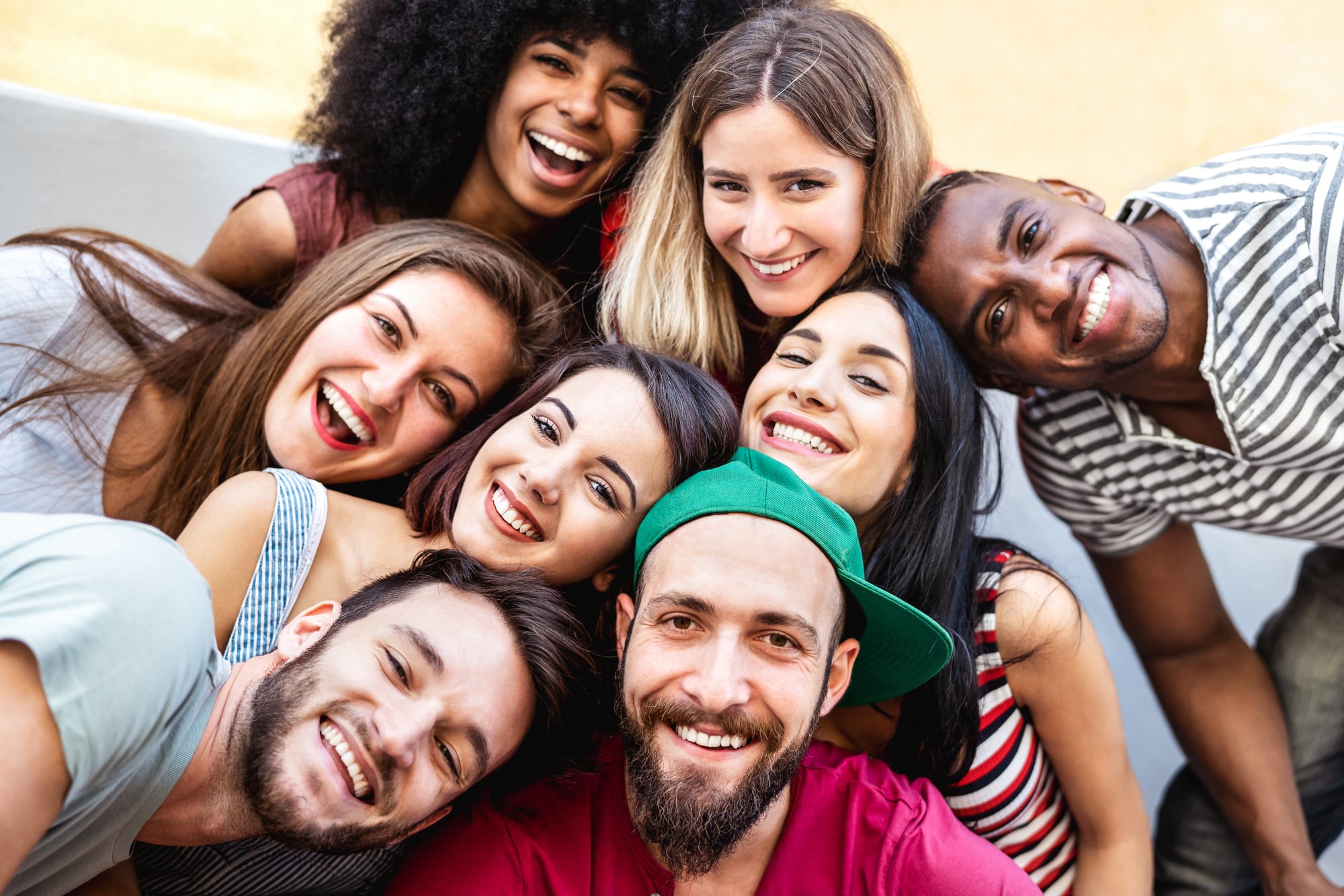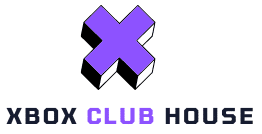Can Exposure to Multicultural Environments Boost Creativity and Cognitive Flexibility?

Creativity and cognitive flexibility are critical assets in the rapidly evolving digital era. These traits are highly sought after, especially in the contemporary professional landscape, where the ability to think outside the box and adapt to new situations is paramount. Nowadays, the question of how to enhance these qualities is being addressed at an individual, group, and organizational level. One particularly intriguing proposition is that exposure to multicultural environments may play a significant role in enhancing creativity and cognitive flexibility.
This article will delve into this hypothesis, exploring the intricate relationship between cultural diversity experiences, creativity, and cognitive flexibility. It will also discuss the implications of these findings for individuals, organizations, and societies at large.
Sujet a lire : What Are the Best Ergonomic Practices for Reducing Neck Pain Among Office Workers?
The Nexus Between Multicultural Exposure and Creativity
What is the connection between multicultural exposure and creativity? The idea behind this connection is quite intuitive. Specifically, exposure to diverse cultures paves the way for the absorption of various perspectives, ideas, values, and ways of doing things. This multicultural backdrop can be a rich source of original ideas and novel insights, which are the bedrock of creativity.
Researchers have corroborated this connection through empirical studies. A study by Maddux and Galinsky (2009), for instance, found that individuals who have lived abroad demonstrate a higher level of creativity compared to those who have not. The authors attributed this creative advantage to the cognitive flexibility and openness induced by the multicultural experience.
En parallèle : How Can Ambient Intelligence Systems Improve Elderly Care in Smart Homes?
The Role of Cognitive Flexibility
Cognitive flexibility refers to the ability to switch between different tasks or thoughts and to adapt to new situations or environments. This trait is essential for creativity, as it allows individuals to perceive things from different angles, combine unrelated concepts, and come up with innovative solutions to problems.
Just as it does with creativity, multicultural exposure seems to enhance cognitive flexibility. This enhancement stems from the need to constantly adapt to new cultural norms, languages, and social cues in multicultural settings. As a result, individuals become more adept at shifting their thinking and adjusting their behavior in response to different contexts.
The Multicultural Advantage at the Group Level
The aforementioned benefits of multicultural exposure are not confined to individuals only. They also extend to groups and organizations. In today’s globalized world, companies strive to build diverse teams that can bring together a variety of perspectives and experiences.
A study by Stahl, Maznevski, Voigt, and Jonsen (2010) found that cultural diversity within a team enhances creativity and innovation, provided that the team members have the skills to handle the potential conflicts and misunderstandings that may arise from diversity. Similarly, Google’s famous "Project Aristotle" found that psychological safety, a trait fostered by diversity and inclusion, is integral for team effectiveness.
The Role of Crossref and Google Scholar
Tools like Crossref and Google Scholar can be of immense help in exploring the relationship between multicultural exposure, creativity, and cognitive flexibility. They provide access to a treasure trove of academic research on the topic, making it easier for scholars and practitioners alike to keep abreast of the latest findings and insights.
For instance, a quick search on Google Scholar will reveal a number of research papers that substantiate the link between multicultural exposure and enhanced creativity and cognitive flexibility. Similarly, Crossref, with its vast database of scholarly articles, can be a valuable resource for anyone interested in delving deeper into this multifaceted topic.
The Implications of the Multicultural Advantage
The potential of multicultural exposure to boost creativity and cognitive flexibility has profound implications. For individuals, it underscores the value of seeking out diverse experiences and perspectives. Whether it’s by living abroad, learning a new language, or simply interacting with people from different cultures, these experiences can nurture your creative potential and cognitive flexibility.
For organizations, it highlights the importance of cultivating a multicultural work environment. By doing so, they can harness the creativity and cognitive flexibility of their employees, thereby fostering innovation and gaining a competitive edge.
Moreover, in light of this multicultural advantage, societies may need to rethink their approach to immigration and integration policies. By welcoming and integrating immigrants from diverse cultures, they can potentially tap into their creativity and cognitive flexibility, thereby enhancing their collective problem-solving capacity and innovation potential.
With the world becoming increasingly interconnected and diverse, the multicultural advantage cannot be overlooked. It’s time we recognized and embraced the creative and cognitive potential that lies within our cultural differences.
The Interplay between Multicultural Experiences and Executive Functions
Executive functions are higher-order cognitive processes that involve problem-solving, planning, and flexible thinking. These functions play a crucial role in our ability to engage with the world in a purposeful and goal-directed manner. An interesting aspect of these executive functions is their potential enhancement through multicultural experiences.
Consider this scenario: a person moves to a new country with a culture vastly different from their own. They are confronted with unfamiliar customs, languages, and behavioral norms. To navigate this new environment successfully, they must learn to think in different ways, solve problems from novel angles, and adapt to unforeseen circumstances. This active engagement of their executive functions can lead to their overall strengthening and development.
A study by Tadmor, Galinsky, and Maddux (2012) found that individuals with multicultural experiences exhibited better problem-solving skills and more divergent thinking, which are core components of executive functions. The authors noted that these findings were consistent with the cognitive flexibility stimulated by multicultural exposure.
Furthermore, a study published in Front Psychol found that multicultural experiences can not only enhance executive functions but also foster their resilience in the face of cognitive decline or neurological disorders. This raises the fascinating possibility that multicultural experiences could serve as a form of ‘cognitive exercise’ that keeps our minds sharp and flexible.
Google Scholar, Crossref and Creativity: A Synergy of Resources
In exploring the link between multicultural experiences and creativity, Google Scholar and Crossref are indispensable tools, just as a compass is to an explorer. These databases provide access to a wealth of scholarly literature and research findings that can help us understand the intricate dynamics of this relationship.
From comprehensive literature reviews to in-depth empirical studies, Google Scholar and Crossref have the resources to guide our inquiry. For instance, typing "multicultural exposure and creativity" into Google Scholar yields a plethora of articles exploring this link from various angles. Articles with titles such as "The Multicultural Mind: Unleashing the Hidden Force for Innovation in Your Organization" or "Multicultural Experience Enhances Creativity: The When and How," provide insights into the topic.
Crossref serves as another crucial resource. By providing DOIs (Digital Object Identifiers), Crossref ensures that each article is uniquely identifiable and accessible, making the navigation of the vast sea of academic literature a much smoother process.
Conclusion: Embracing the Potential of Cultural Diversity
In conclusion, the evidence supporting the relationship between multicultural experiences and enhanced creativity, cognitive flexibility, and executive functions is compelling. The enriching influence of cultural diversity on our cognitive abilities is a testament to the immense value of multiculturalism.
For individuals, this points to the importance of embracing multicultural experiences as they could serve as catalysts for personal and professional growth. Whether it’s through travel, learning a new language, or simply engaging with diverse cultural groups, these experiences can foster creativity and cognitive resilience.
For organizations, the takeaway message is clear: fostering a multicultural environment is not just about ticking the diversity box. It’s about creating a dynamic and innovative environment that capitalizes on the creative performance and cognitive flexibility of its members.
Societies, too, stand to benefit greatly from this multicultural advantage. By promoting diversity and inclusion, societies can harness the collective cognitive potential of their citizens, enhancing problem-solving capability and fostering innovation.
The findings discussed in this article underscore the transformative potential of multiculturalism. With an open mind and an appreciation for diversity, we can tap into our cognitive potential and reach new heights of creativity and innovation. As the world grows more interconnected each day, let’s celebrate our cultural differences, for they are the fuel of our collective cognitive brilliance.
